I do not want art for a few any more than education for a few, or freedom for a few
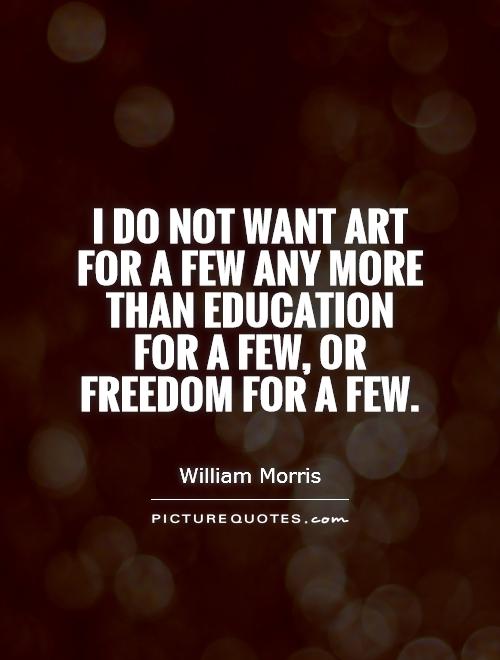
I do not want art for a few any more than education for a few, or freedom for a few
William Morris, a prominent figure in the Arts and Crafts movement of the late 19th century, was a staunch advocate for the democratization of art, education, and freedom. His famous quote, "I do not want art for a few any more than education for a few, or freedom for a few," encapsulates his belief in the importance of making these essential aspects of human life accessible to all.Morris believed that art should not be reserved for the elite or the wealthy, but should be enjoyed and appreciated by everyone. He saw art as a fundamental human need, a source of beauty, inspiration, and meaning that should be available to all members of society, regardless of their social or economic status. In his view, art had the power to uplift and enrich the lives of individuals, fostering creativity, imagination, and a sense of connection to the world around them.
Similarly, Morris believed that education should be a universal right, not a privilege reserved for the privileged few. He recognized the transformative power of education in empowering individuals to think critically, engage with the world, and realize their full potential. Morris was a strong advocate for public education and believed that everyone, regardless of their background or circumstances, should have access to quality education that would enable them to lead fulfilling and meaningful lives.
Morris championed the idea of freedom as a fundamental human right that should be enjoyed by all individuals. He believed that freedom was essential for human flourishing, allowing individuals to express themselves, pursue their interests, and live according to their own values and beliefs. Morris was a vocal critic of the oppressive social and political structures that restricted individual freedom and advocated for a more just and equitable society where everyone could enjoy the benefits of freedom.
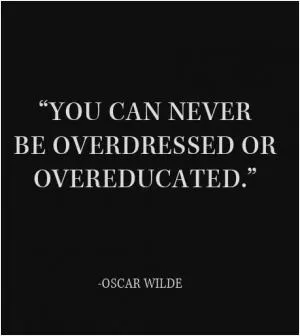
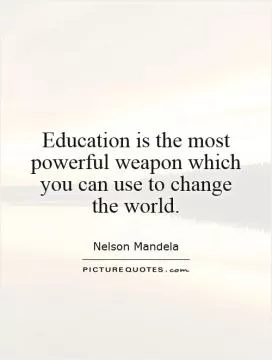

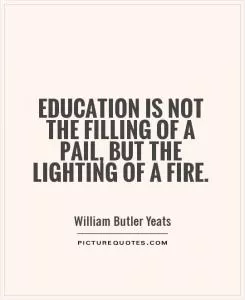

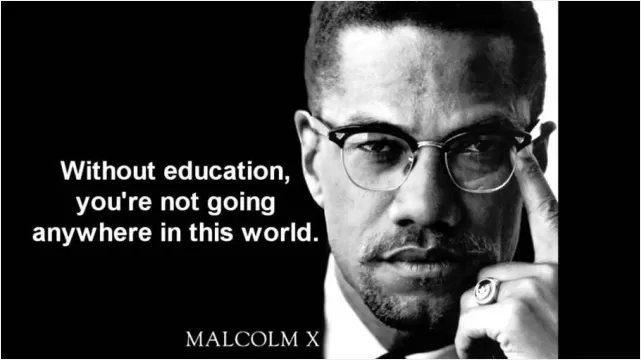
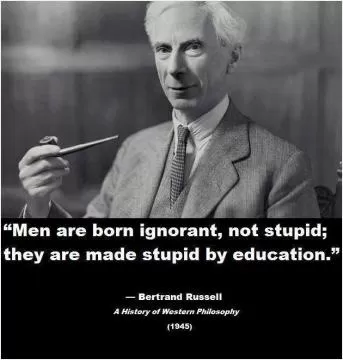
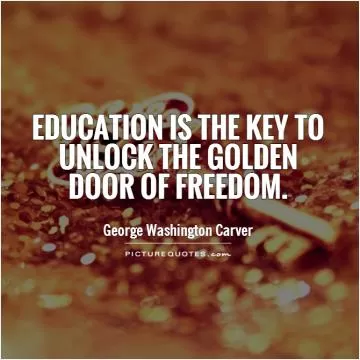


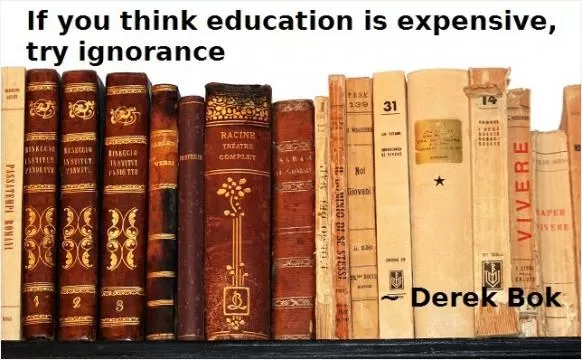
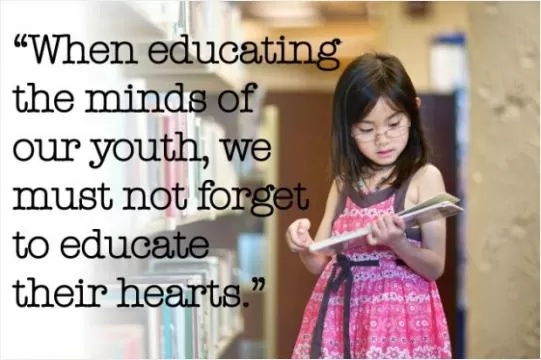
 Friendship Quotes
Friendship Quotes Love Quotes
Love Quotes Life Quotes
Life Quotes Funny Quotes
Funny Quotes Motivational Quotes
Motivational Quotes Inspirational Quotes
Inspirational Quotes